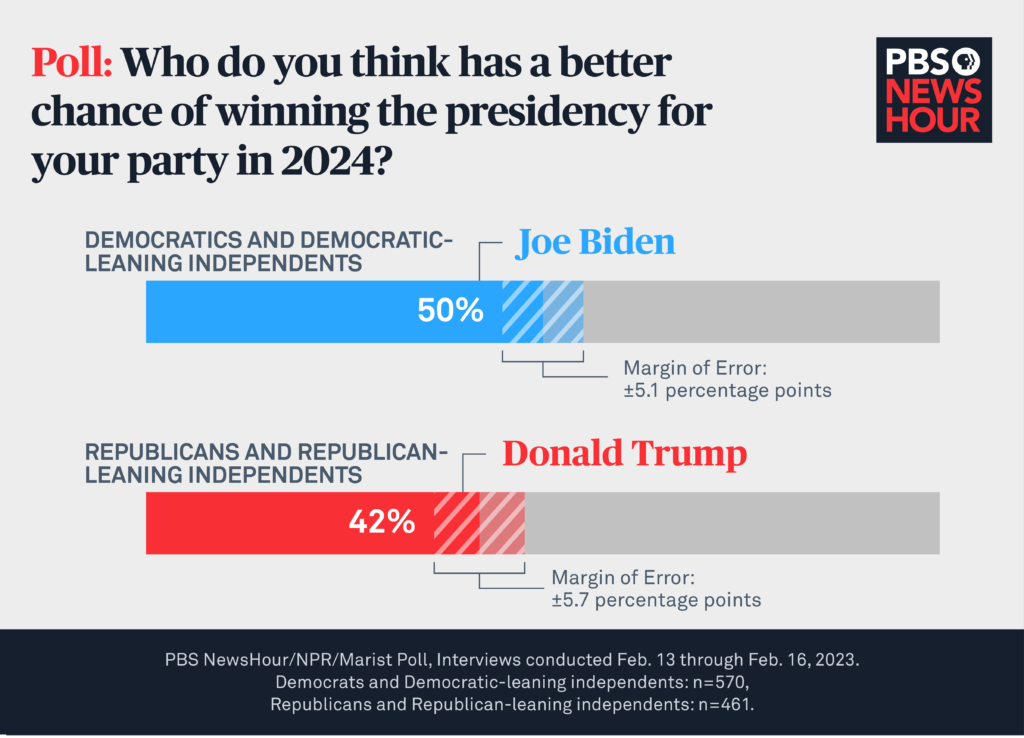Policy Positions and Stances

The presidential debate has provided voters with a clearer understanding of the candidates’ policy positions on a range of critical issues. While there are areas of agreement, significant differences emerge, particularly on the economy, healthcare, and climate change. These policy stances are likely to resonate with different segments of the electorate, influencing their voting decisions.
Economic Policy
The candidates’ economic policies represent a key point of divergence. Candidate A advocates for a more interventionist approach, emphasizing government spending on infrastructure and social programs to stimulate economic growth. Candidate B, on the other hand, champions a more laissez-faire approach, prioritizing tax cuts and deregulation to encourage private sector investment and job creation.
Candidate A’s policies are likely to appeal to voters who prioritize social safety nets and government intervention in the economy, while Candidate B’s policies are more likely to resonate with voters who favor limited government and market-driven solutions.
Healthcare Policy
The candidates’ healthcare policies are also distinct. Candidate A supports expanding access to affordable healthcare through a government-run system, while Candidate B favors a more market-based approach, emphasizing private insurance and healthcare options.
Candidate A’s position aligns with voters who value universal healthcare coverage and government-led solutions. Conversely, Candidate B’s stance is more appealing to voters who prefer market-driven solutions and individual choice in healthcare.
Climate Change Policy, Whos winning in the presidential debate
The candidates’ approaches to climate change are another point of contention. Candidate A advocates for aggressive action to address climate change, including investing in renewable energy sources and enacting stricter environmental regulations. Candidate B, while acknowledging the issue, prioritizes a more gradual approach, focusing on technological innovation and market-based solutions.
Candidate A’s position resonates with voters who are concerned about the urgency of climate change and support government intervention to address it. Candidate B’s approach appeals to voters who are more skeptical of government intervention and favor market-driven solutions.
Audience Reactions and Public Perception: Whos Winning In The Presidential Debate

The presidential debate has sparked a wide range of reactions from the audience and the media, with opinions varying significantly based on individual perspectives and political leanings. The debate’s impact on the candidates’ standing in the polls and the overall election remains to be seen, but early analysis offers valuable insights.
Media Coverage and Analysis
The media’s coverage of the debate has been extensive and multifaceted, with various outlets providing diverse perspectives and interpretations. Some media outlets have praised the candidates’ performance, highlighting their ability to articulate their policy positions and engage in substantive discussions. Others have criticized the debate, focusing on perceived shortcomings, such as a lack of civility or the candidates’ failure to address specific issues.
Public Opinion Polls
Post-debate polls have shown mixed results, with some indicating a slight shift in favor of one candidate while others suggest no significant change in the overall race. It is important to note that these polls are often conducted immediately after the debate and may not accurately reflect the long-term impact of the event.
Social Media Reactions
Social media has played a significant role in shaping public perception of the debate, with users expressing their opinions and engaging in discussions across various platforms. The debate has generated a substantial amount of online activity, including trending hashtags and memes, reflecting the public’s interest and engagement with the event.
Impact on the Election
The debate’s impact on the overall election is still uncertain, but it is likely to have some influence on voters’ decisions. The debate may solidify existing opinions or persuade undecided voters to lean towards one candidate or the other. The debate’s impact on the election will depend on factors such as the candidates’ performance, the media’s coverage, and the public’s perception of the event.
Whos winning in the presidential debate – Yo, the presidential debate is fire, but it’s like watching a hurricane in slow motion. The candidates are throwing punches, but it’s hard to tell who’s really winning. It’s kinda like tropical storm Debby hurricane building up to a full-blown storm.
One minute it’s calm, the next it’s chaos. I guess we’ll have to wait and see who gets the most votes to see who’s the real winner.
Yo, the debate’s been heated, but honestly, I’m more hyped about the Eagles’ new era with Kenny Pickett at the helm. Check out kenny pickett eagles and see what I’m talking about. But back to the debate, who’s really winning?
It’s all about who can drop the hottest bars and land the most punches, right?
